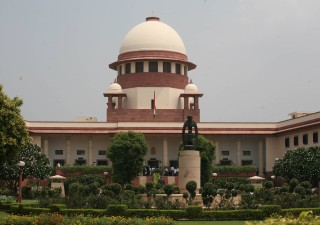Google’s use of trademarks as keywords makes it liable for infringement – Delhi HC
31 August 2023

On August 10, 2023, the Delhi High Court in India ruled that Google’s search engine’s use of trademarks as keywords for its Ads Programme equates to “use” under trademark law since the global technology company is engaged in the advertising business. Thus, Google is liable for trademark infringement.
The ruling was made on an appeal by Google following the decision of a single-judge bench over a lawsuit filed by local logistics and transport firms DRS Logistics and Agarwal Packers and Movers of the DRS Group. According to these companies, the use of their trademark as keywords on the search engine’s Ads Programme drove traffic away from their website to that of the advertiser. The court ruled in favour of the plaintiff, and Google appealed.

Aditya Gupta, Attorney, Ira Law, New Delhi
According to Aditya Gupta, an attorney at Ira Law in New Delhi, the decision brings India’s position on the issue in line with globally accepted norms on keyword-based advertising.
“The decision contains a nuanced analysis of trademark functions and seeks to balance three competing considerations: right of brand owners to prevent diversion of business to competitors, search engine’s ability to show relevant results to its users and user’s right to access relevant results from diverse sources. The court has rendered a decision which adequately balances all three considerations by holding that keyword-based advertising is not actionable unless it leads to source confusion, dilution or blurring,” he said.
“Google already has policies in place addressing complaints of confusing and deceptive ads, and these enable brand owners to report confusing ads. Since these policies already exist, many of the cases that have been brought to court are those which claim that the use of keywords per se infringes their trademarks. The Division Bench’s judgment sheds light on this important question and holds that there is no per se infringement by the use of trademarks as keywords,” Gupta added.
The Delhi High Court also ruled that Google cannot claim protection under the safe harbour clause of the Information Technology Act of 2000.
- Espie Angelica A. de Leon






